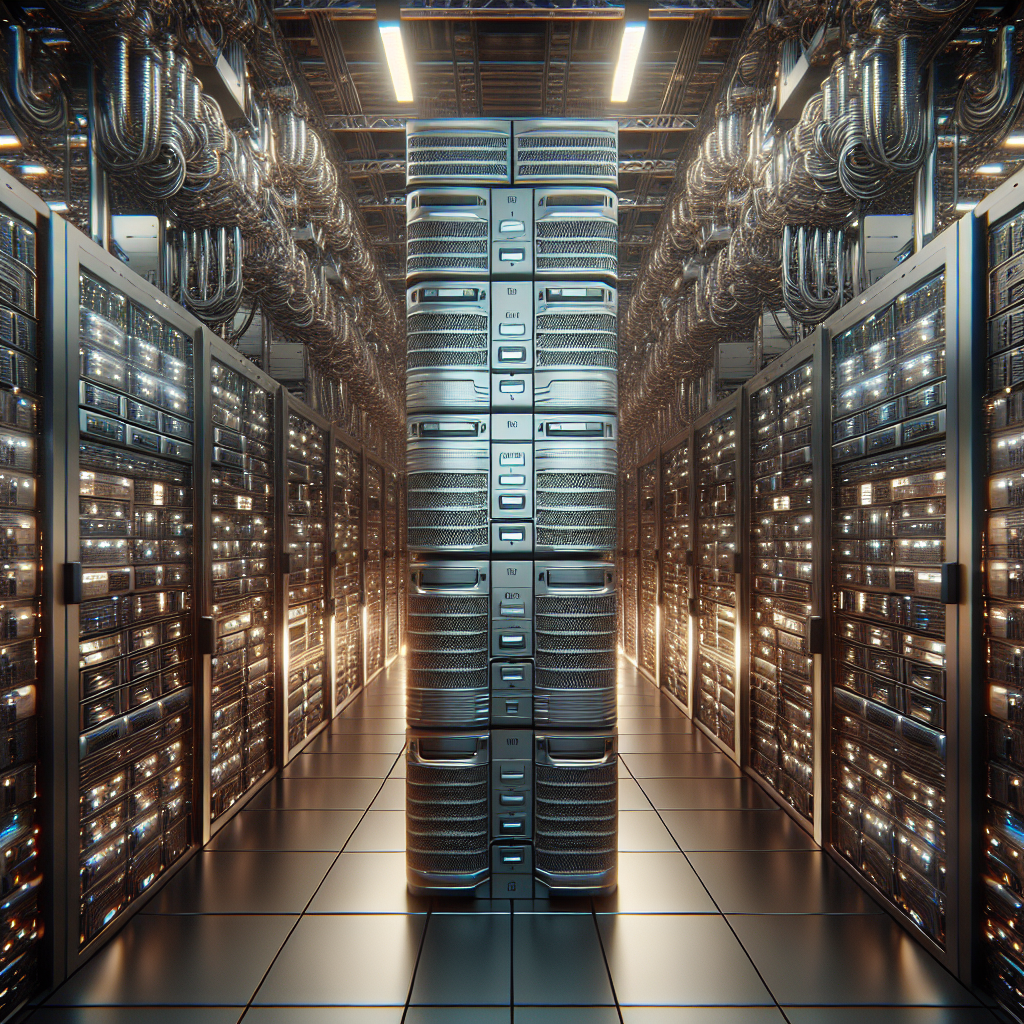Your cart is currently empty!
Understanding the Different Types of UPS for Data Centers

In today’s digital age, data centers play a crucial role in storing and processing vast amounts of information for businesses and organizations. With the increasing reliance on technology, it is essential to ensure that data centers are equipped with reliable power backup solutions to prevent data loss and downtime in case of power outages. Uninterruptible Power Supply (UPS) systems are key components of data center infrastructure that provide emergency backup power when the main power supply fails.
There are several types of UPS systems available in the market, each designed to meet specific power protection needs of data centers. Understanding the different types of UPS systems is essential for data center managers to make informed decisions when selecting the right solution for their facility.
1. Standby UPS: Standby UPS systems are the most basic type of UPS and are typically used for small-scale applications. These systems switch to battery power only when the main power supply fails, providing limited protection against power interruptions. Standby UPS systems are cost-effective but may not be suitable for data centers with high availability requirements.
2. Line-interactive UPS: Line-interactive UPS systems are designed to regulate voltage fluctuations and provide battery backup during power outages. These systems feature automatic voltage regulation (AVR) technology to stabilize input voltage levels, ensuring continuous power supply to critical equipment. Line-interactive UPS systems are suitable for small to medium-sized data centers with moderate power protection needs.
3. Double-conversion UPS: Double-conversion UPS systems are the most advanced type of UPS and offer the highest level of power protection for data centers. These systems continuously convert AC power to DC power and then back to AC power, providing clean and stable power to sensitive equipment. Double-conversion UPS systems offer seamless power transfer during outages and protect against voltage sags, surges, and frequency variations. They are ideal for large-scale data centers with high availability requirements.
4. Modular UPS: Modular UPS systems consist of multiple independent modules that can be scaled up or down to match the power requirements of a data center. These systems offer flexibility and scalability, allowing data center managers to easily expand their power capacity as needed. Modular UPS systems are highly efficient and reliable, making them a popular choice for data centers with dynamic power needs.
In conclusion, choosing the right UPS system for a data center is crucial for ensuring uninterrupted power supply and protecting critical equipment from power disruptions. By understanding the different types of UPS systems available, data center managers can select the most suitable solution that meets their power protection needs. Whether it is a small-scale application or a large-scale data center, there is a UPS system available to provide the necessary power backup and ensure the smooth operation of the facility.

Leave a Reply